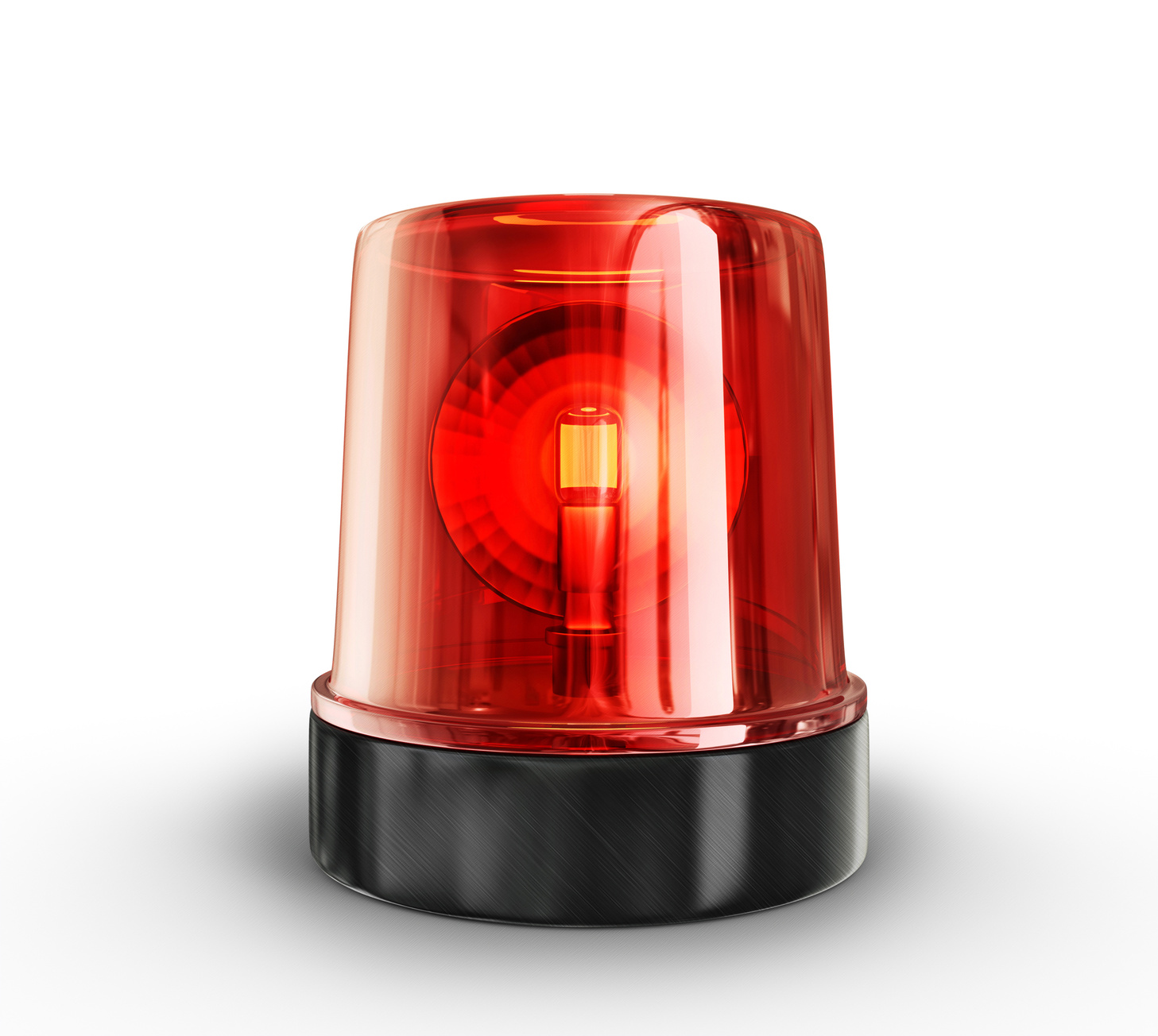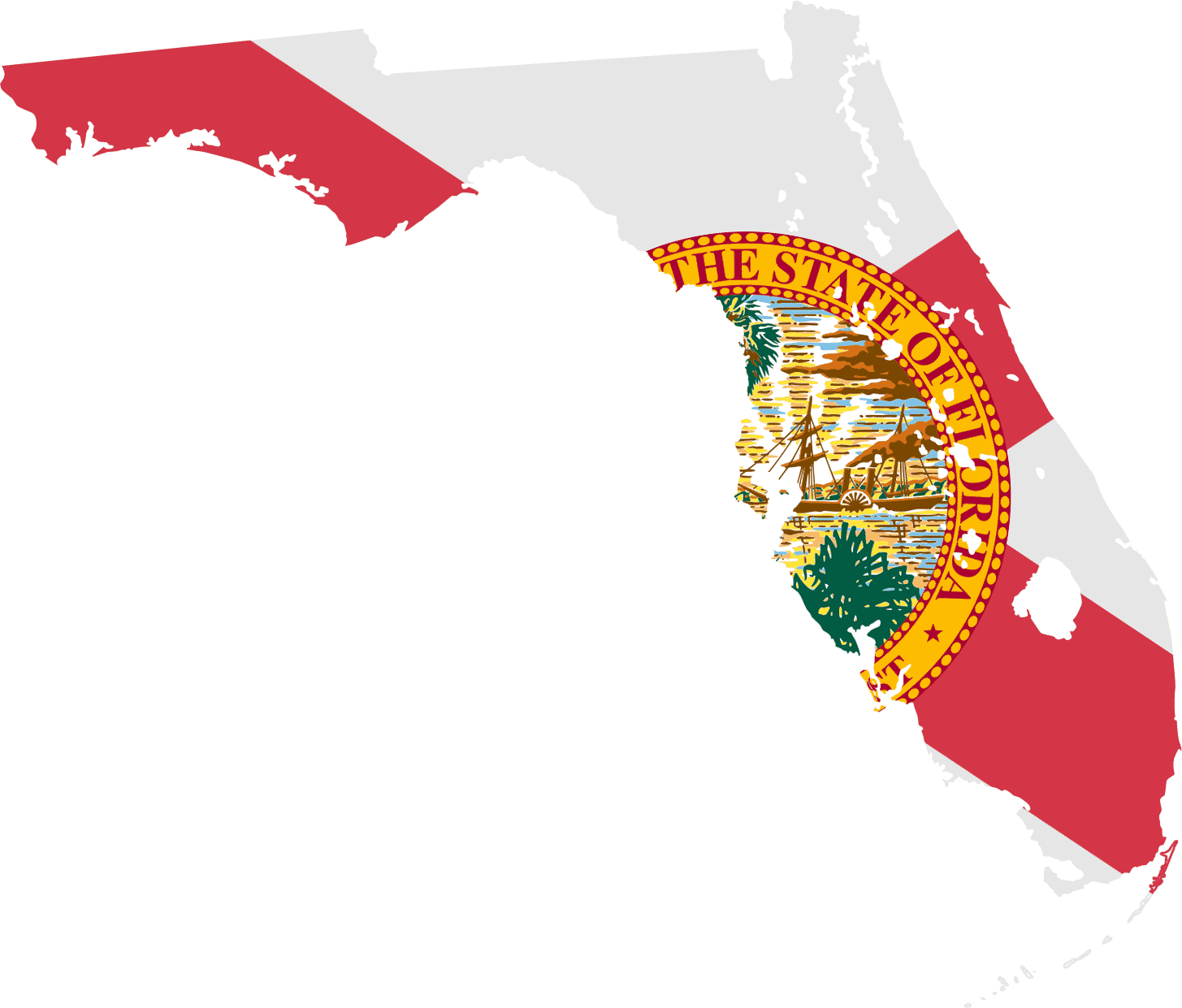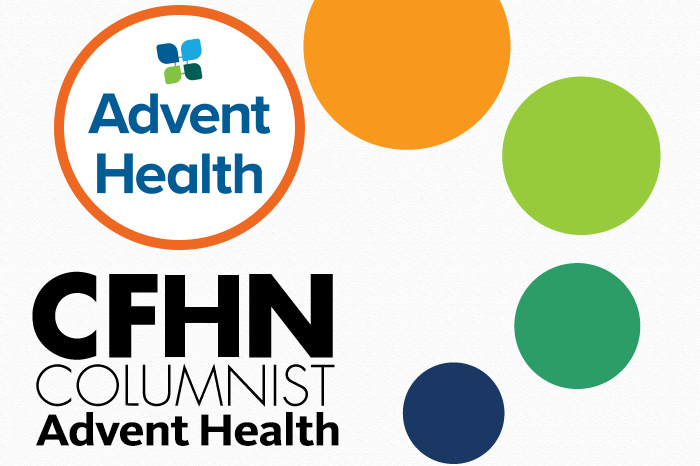
Health News
Features
-
Pop Quiz: Pedestrian rules of the Road
Test Your Knowledge of Pedestrian Safety and Prevent a Fatal Injury or Death! Polk County ranks at the top of many lists, but one high ranking that definitely needs to decrease is Polk County’s instances of pedestrian deaths. In such a beautiful climate, there is always going to be a high number of pedestrians sharing…
-
Knowing whether or not to call 9-1-1
Recognizing an emergency versus non-emergency and how to get help Imagine this— it is 11 o’clock at night and you’re at home watching television. You see lights from a vehicle driving past your home. You can hear that the vehicle is slowing down and you look out the window to see the lights have been…
-
Local Health Update: All eyes on Amendment 2
Public forum on medical marijuana brings cheers and boos The Public Forum on Medical Marijuana hosted by the Lakeland Ledger was held at 6 p.m. in the auditorium of the Harrison School for the Arts. There was a lot of cheering and booing going on Thursday night, August 28, at the Medical Marijuana Forum, as…
Columns
-
Understanding Heart Failure With Preserved Ejection Fraction
Last year, I wrote about heart failure. At that time, I had said that about half the patients admitted with congestive heart failure have normal systolic function. This is true. The most common way to express heart function is by measuring ejection fraction (EF). This is the proportion of the amount of blood in the…
-
7 Ways to Save Money on Your Glaucoma Drops
Glaucoma is a group of diseases that affect the optic nerve of the eye. It is the cable that carries the information from the eye to the brain. Any damage to this optic nerve due to high pressures can damage it, resulting in lower vision or vision loss. Therefore, it is essential to treat glaucoma…
-
Stay strong with healthy hips
Expert care can get you there. We all hope to be able to walk, run and dance through life with healthy, natural joints. But when your hips become arthritic and painful, it’s not easy to keep moving like you used to. The good news is that hip replacement has come a long way, with advanced…





